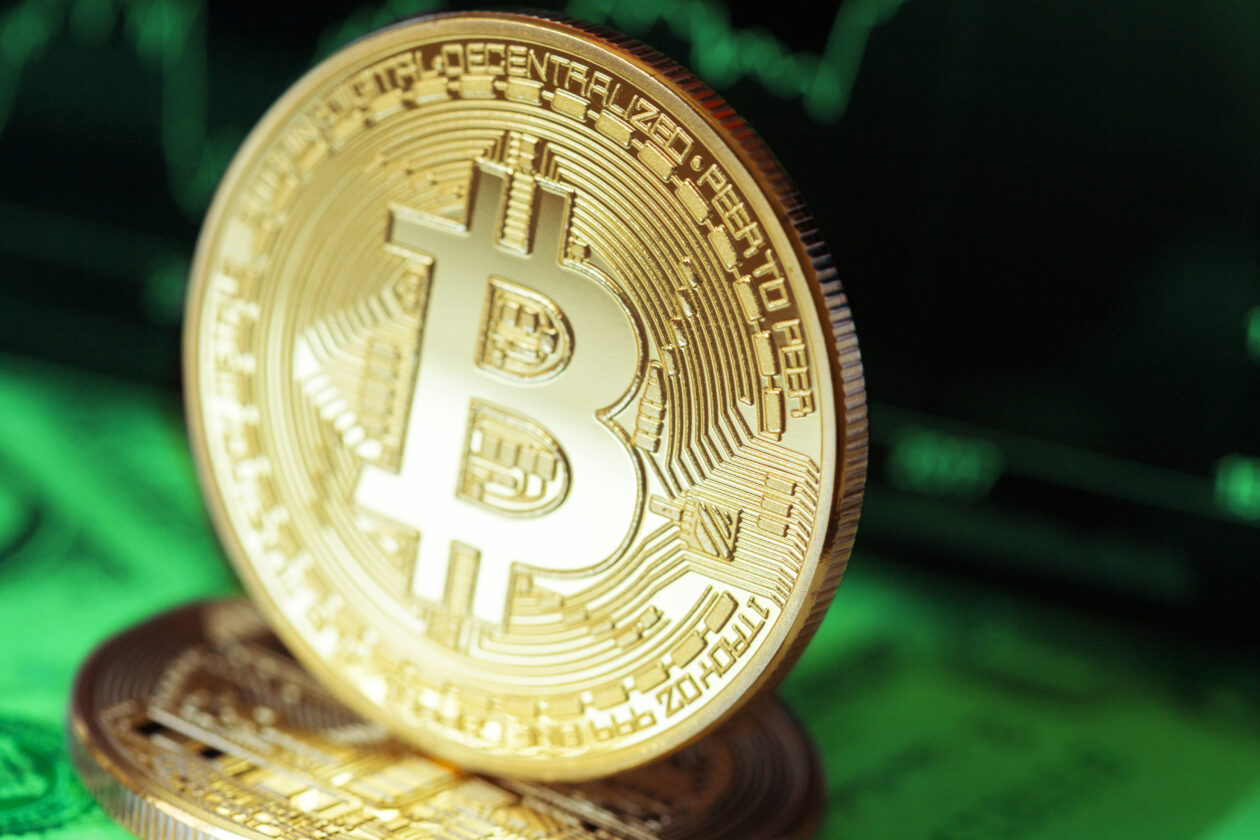Bitcoin and Ether prices fell in Friday morning trading in Asia, along with most of the top 10 non-stablecoin cryptocurrencies, as U.S. stocks had their biggest declines in weeks overnight on fears the Federal Reserve’s commitment to raising interest rates will drive the economy into a recession. Dogecoin was the biggest loser.
See related article: Crypto market implosions, bankruptcies bring sweeping job losses … and opportunity
Fast facts
- Bitcoin lost 2.51% to US$17,364 in the 24 hours to 8 a.m. in Hong Kong. The Ether price fell 3.25% to US$1,266, according to CoinMarketCap data.
- Dogecoin posted the biggest drop, losing 4.14% to US$0.0847 as long-time advocate Elon Musk’s Tesla Inc. shares hit a two-year low. Reports on Thursday said Musk had sold US$3.6 billion worth of Tesla stock this week, bringing his total sales of Tesla shares this year to almost US$40 billion.
- Dogecoin tends to fluctuate on Musk’s fortunes as he has indicated the memecoin could be used in a Twitter payment system after he bought the social media platform this year.
- BNB, the native token of Binance Global Inc., fell another 3.51% to US$258. BNB has slumped 11.40% over the last seven days amid reports that the Binance cryptocurrency exchange is under investigation by the U.S. Justice Department for alleged money laundering.
- The total crypto market capitalization fell 2.41% to US$846.26 billion, while trading volume in the last 24 hours fell 20.50% to US$35.69 billion.
- U.S. equities posted sharp falls on Thursday, with the Dow Jones Industrial Average losing 2.25%. The S&P 500 Index fell 2.49% and the Nasdaq Composite Index dived 3.23% amid recession concerns.
- The U.S. Federal Reserve raised interest rates by the expected 50-basis points on Wednesday, bringing rates to between 4.25% and 4.5% — the highest level in 15 years. However, markets were spooked by Fed Chair Jerome Powell’s comments following the rate rise, saying more hikes are ahead as evidence shows inflation is cooling, but has not yet peaked.
- The Fed’s rate hike was followed by the Bank of England, European Central Bank and Swiss National Bank.
- The Fed raised rates by 75 basis-points in the prior four consecutive meetings in a campaign to lower inflation in the U.S. economy. It started the tightening in March, raising rates from near zero to a 15-year high of 3.75% to 4%, and has signaled that rates may end up exceeding 5%.
- The U.S. consumer price index released on Tuesday showed that inflation was up 7.1% in November compared to last year, but less than the 7.3% forecast by Trading Economics. The CPI has shown a steady decline from 7.7% in October and 8.2% in September.
See related article: US Senator Elizabeth Warren submits crypto know-your-customer bill in wake of FTX collapse





